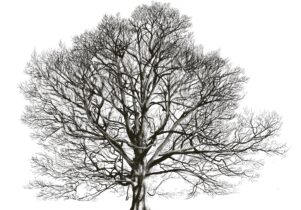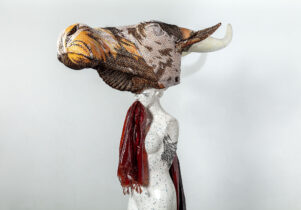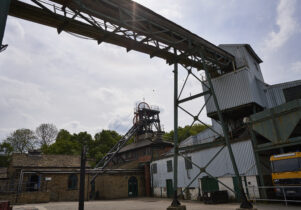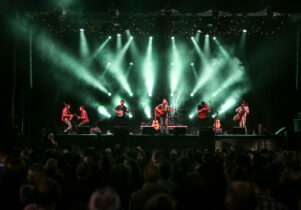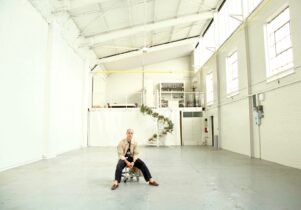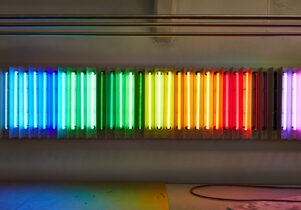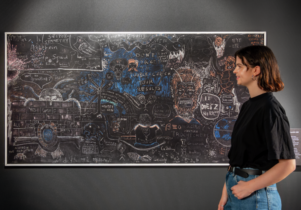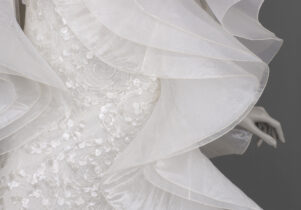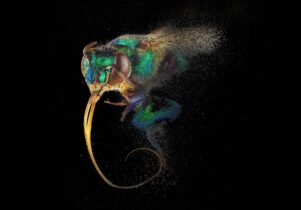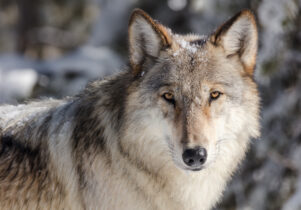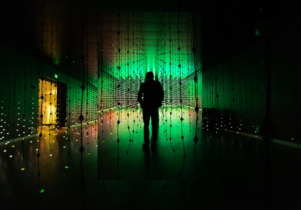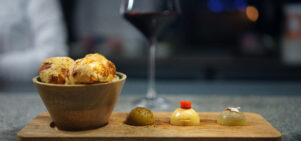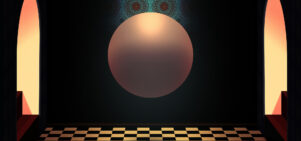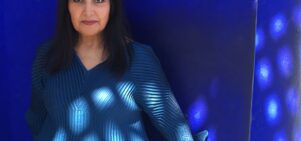Lakwena Maciver: A green and pleasant land (HA-HA) at Yorkshire Sculpture Park
Maja Lorkowska, Exhibitions Editor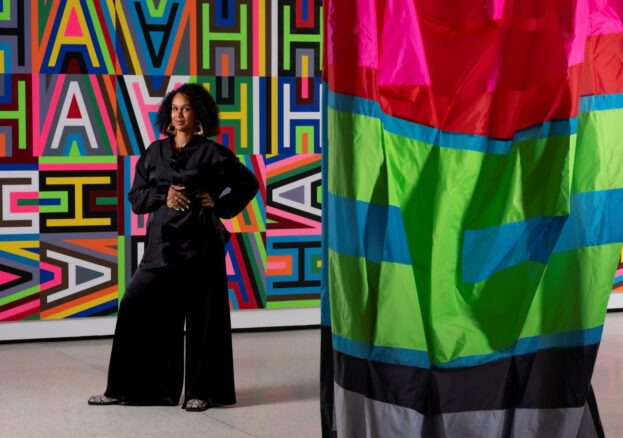
Hide from the rain in Yorkshire Sculpture Park’s brand new exhibition Lakwena Maciver: A green and pleasant land (HA-HA), a display bursting at the seams with loud, bright colour on a suitably large scale.
‘Ha HA, there it is!’ is something you might say when you approach an actual ‘ha-ha’ – a sunk fence, a garden feature, (and unfortunately also to an extent, a tool of oppression), which has become a focus on Lakwena Maciver’s exhibition. The artist has spent time in and around the Yorkshire Sculpture Park grounds, and excited to respond to the traditionally English landscape of the area, Maciver draws attention to issues of power, control, ownership and exclusion.
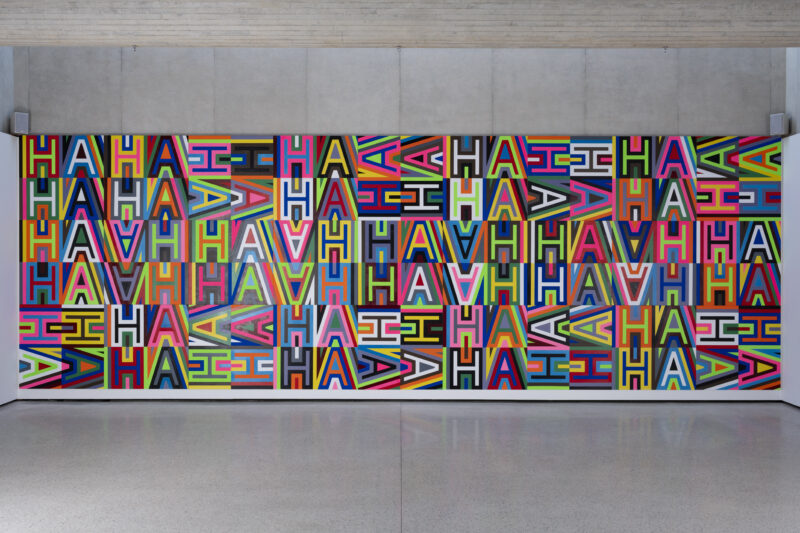
Ha-has, initially innocent concealed walled ditches designed to stop livestock from straying from the field, gained new meaning thanks to the Enclosure Acts of the 18th and 19th centuries. The artist brings up this not-so-distant history to show that things have not changed so much since that time: despite the illusions of openness, the public realm, including outdoor space, is still far from being open to all.
If you’ve encountered Maciver’s work before, you will recognise her signature vibrant colour combinations, kaleidoscopic and mesmerising. If this is your first encounter with the artist, prepare to be, quite literally, dazzled by the painted and textile works on display. With words being the primary subject of the pieces, the artist describes the experience of being at YSP: “(…) physically being in and experiencing the landscape, I can’t help but feel a strong sense of liberation, and an invitation to let the work speak freely. And that’s what I intend to do.” You can feel the freedom with which the depicted words are expressed, like ‘RE-EDUCATE THE WORLD’, or the simple but effective ‘DO BETTER’.
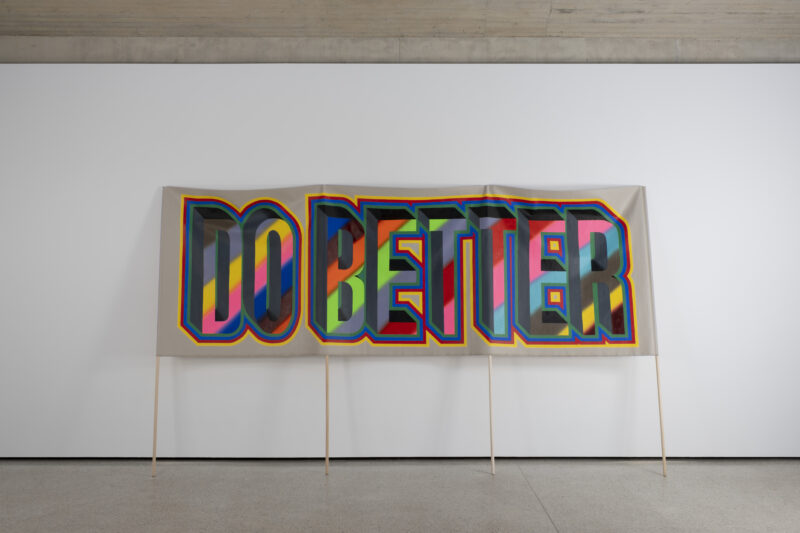
The central wall is a colourful composition of the word ‘ha’ in various configurations and shades. With words being the central motif, you might be tempted to read them aloud – you should! In fact, when reading ‘ha ha ha ha’ quickly, you probably can’t help but laugh. In this way, and by placing the piece front and centre of the show, the artist has successfully reclaimed the idea of the ‘ha ha’ as a hidden barrier.
Maciver’s banners allude to the rich textile history of the region, and banners as an essential tool of protest and group dissent, portraying messages of hope, resistance and change in the artist’s recognisably bright manner.
Lakwena Maciver: A green and pleasant land (HA-HA) brings both a powerful message and a memorable aesthetic experience.
